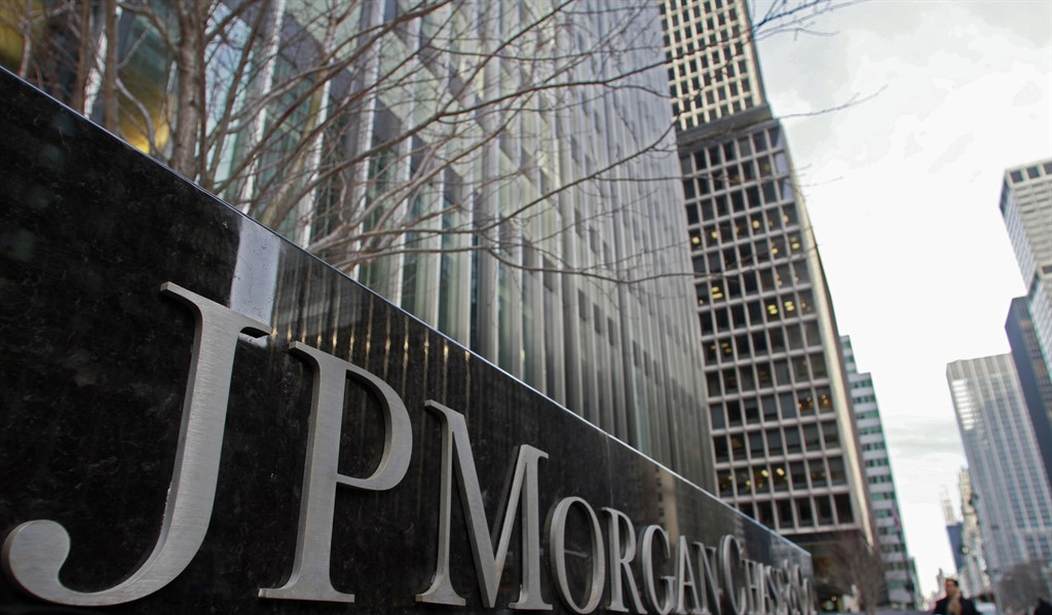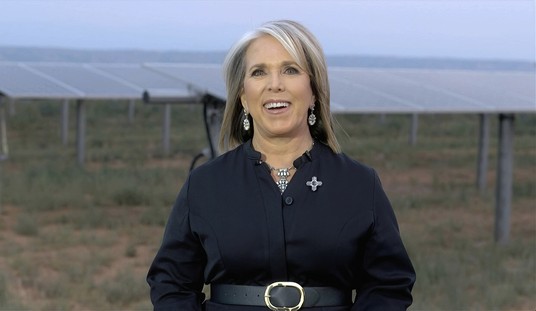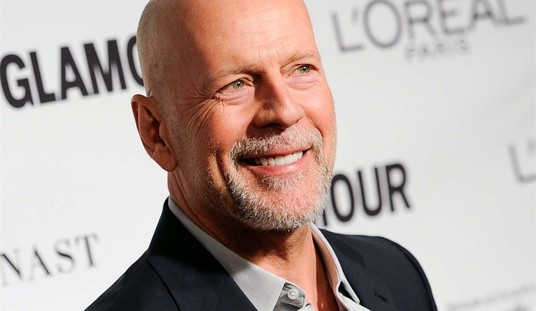“The board is set; the pieces are moving. We come to it at last.” My husband and I re-watched Lord of the Rings over the holidays, and that line stuck with me. The board has been set without us knowing, and when the pieces move, we will lose. A 2016 World Economic Forum video included a young woman’s view that in 2030 you will own nothing and be happy. In many ways, 2030 is already here; the board is set.
If you call your stockbroker to buy 100 shares of Apple, you probably think that you own 100 shares in that company. You don’t. In the old days, when you bought a stock, you received a paper certificate of ownership—you owned the shares on the certificate, no middleman. But paper certificates are so yesterday.
In today’s enlightened digital age, your purchase is simply an entry at your broker’s computer, and you do not own what you think you own. Under laws in all 50 states, what you actually own is a “securities entitlement.” This is a new form of “property ownership” that is more like a contract between you and your broker. Progress.
But if the financial system were to totally collapse—think 2008, but much bigger—nearly every stock and bond that is in electronic form can be legally taken as collateral by the largest “too big to fail” financial institutions. Sure, it would crush many millions of individual investors. But it’s all for a good cause: saving the systemically important financial institutions. You can’t make an omelet without breaking a few eggs, right?
This will happen without your knowledge and without any action or fault on your part—even if you are entirely debt free. If that sounds wrong, it’s because it is. It is also legalized fraud.
So, how did we get here? It is a fascinating story involving some of the most boring and dense state laws on the books. Hat tip to ZeroHedge for posting an article titled “Intentional Destruction: First COVID, Now Comes ‘The Great Taking’” by Matthew Smith that was in part based on the work of David Webb and his book The Great Taking.
Most of us have a pretty good understanding of private property. If you buy something outright, you own it and control it. Private property rights were a significant issue at the formation of the United States and have played a vital role in the success of the American experiment. However, some felt that property rights needed to evolve to keep up with technological progress and the fertile imaginations on Wall Street.
The Uniform Law Commission (ULC) was formed for the purpose of developing state-level laws that would change the patchwork quilt of state laws into a more uniform set of statutes. The most prominent uniform law is the Uniform Commercial Code (UCC), and this issue centers around UCC Article 8. The ULC presented a model law revising Article 8 in 1994, and the law was passed by all 50 states over the next several years.
Sitting inside the new Article 8 language are several provisions that put the rights of individual investors at risk. The first significant change is the concept of “securities entitlement.” This is a new form of “property right” that has a few wrinkles. When you buy 100 shares of stock, your broker punches a few keys, and the 100 shares show up in your account.
But, even without your knowledge or permission, other parties have securities entitlements to the shares as well. The section titled “Priority among security interests and entitlement holders” deserves a look. In simple terms, a brokerage company has two accounts with a custodian, a “securities intermediary.” One account holds the brokerage company’s own securities entitlements, and the other account holds all of their customers’ securities entitlements, including the entitlement to your 100 shares of stock.
When the brokerage company borrows money from their bank, the assets of the borrower are pledged as collateral for the loan, which makes sense. But if the brokerage firm becomes insolvent, say due to a systemic financial crisis, a secured lender has priority over all of the accounts of the brokerage firm, including your 100 shares of stock. Another conspiracy theory?
Here is a summary of a proof-of-concept example offered by David Webb in The Great Taking:
Lehman Brothers filed for bankruptcy when the 2008 housing bubble burst. One of the primary lenders to Lehman Brothers was JP Morgan Bank (JPM). A subsidiary of JPM was Lehman’s custodian, both of Lehman’s own assets and the assets of Lehman’s customers. As custodian, JPM had control of Lehman’s assets and as lender, JPM had a security interest in Lehman’s assets. As a result of UCC Article 8 (and a friendly change to the federal Bankruptcy Code made in 2006) JPM took all of Lehman’s accounts as collateral for the loans that Lehman could no longer pay.
At this point, you may be asking yourself: Why would the Article 8 drafting committee do this? The individual investors have no role in the lending practices of their broker, why does the law allow the taking of their assets?
To answer that question, you need to know the fundamental objective of the Article 8 revisions. The driving motivation was systemic risk in the financial markets (if they were worried about systemic risk in 1994, what do they think about it now?). Importantly, the Article 8 revisions did not do anything to reduce the likelihood of systemic risk. In fact, the committee made it worse by removing risk and consequences for shady financial activity. Instead, what the changes actually do is protect the “too big to fail” banks if a systemic financial collapse occurs.
The UCC has turned the concept of property rights upside down, but the UCC is also a state law, and state legislators can, therefore, take steps to restore the rights of investors or, at the very least, require informed consent.
As states step up to protect their citizens, the “too big to fail” financial institutions will likely claim that any changes to Article 8 will bring down the financial system; that it will be the end of the world as we know it. Perhaps it will, but for me, any system that requires the people to sacrifice their property to support the financial institutions that built this mess in the first place is not a system worth saving.
Bette Grande and Don Grande ([email protected]) are policy advisors with The Heartland Institute.













Join the conversation as a VIP Member